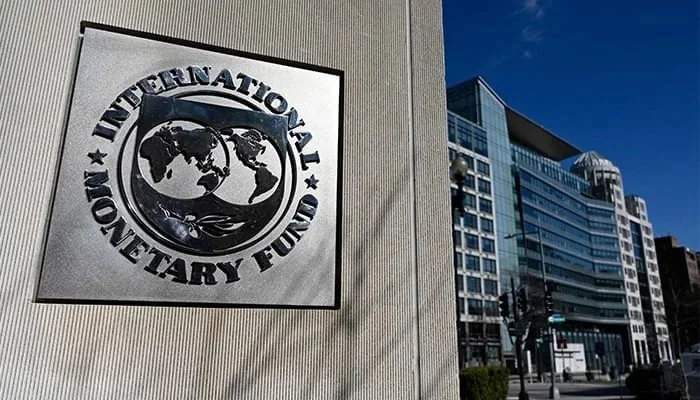The International Monetary Fund (IMF) has issued a stern warning to Nigeria, calling for decisive action to control its ballooning public debt. The organization cautioned that growing debt levels could threaten the nation’s economic recovery and stability.
Kristalina Georgieva Speaks Out
IMF Managing Director Kristalina Georgieva highlighted the dangers of excessive borrowing during a policy briefing on October 13, 2025. She emphasized that unchecked public debt is a drag on global growth and urged governments to adopt more responsible spending habits.
Debt Figures Hit Record Levels
Nigeria’s total debt surged to ₦152.39 trillion as of June 2025, with ₦80.55 trillion in local obligations and ₦71.84 trillion in external borrowings. Economists say the rapid accumulation reflects the country’s heavy reliance on borrowing to fund its budget.
Massive Rise Since 2023
Compared to ₦33.3 trillion in May 2023, Nigeria’s debt load has expanded by over 348%. Analysts warn this pace is unsustainable and could weaken investor confidence in the long run.
Debt Servicing Strains Revenue
The government now spends more on repaying loans than on critical infrastructure. The debt service-to-revenue ratio jumped to 156.8% in May 2025, a sharp rise from 29.1% recorded in 2014—a trend that limits resources for development.
Fresh Borrowing Plans
Despite growing concerns, President Bola Tinubu recently sought approval from lawmakers for a $2.3 billion Eurobond. The proposed funds would refinance older debts and finance infrastructure, though critics argue this could deepen the debt trap.
State Debt Disparities
A report revealed that Lagos State has the country’s highest domestic debt at ₦874.03 billion, while Jigawa State carries the least at ₦1.06 billion. This imbalance underscores uneven fiscal health across Nigeria’s states.
Rising Global Debt Trends
Worldwide, public debt continues to rise, with both advanced and developing economies feeling the pressure. The IMF noted that while wealthier nations can access cheaper credit, low-income countries like Nigeria face steep borrowing costs and limited options.
Low-Income Nations Face Barriers
Many poorer economies are cutting back on borrowing—not by choice but due to lack of access to financing. The IMF said this limits their ability to manage existing obligations effectively.
IMF’s Strategic Plan
To tackle the issue, the IMF aims to promote sound fiscal reforms, transparent governance, and debt sustainability programs. The organization believes these steps will help countries like Nigeria strengthen financial resilience.
Economic Repercussions
Nigeria’s rising debt levels have slowed investments in energy, education, and infrastructure. As a lower-middle-income country, economists warn that unchecked debt could hinder long-term growth prospects.
Path Toward Recovery
Experts suggest that Nigeria must focus on revenue generation, expenditure control, and anti-corruption reforms to regain fiscal balance. Reducing dependency on loans would also free up funds for productive sectors.
Global Debt Paradox
Georgieva observed that even advanced economies are experiencing record-high debt, calling it a global paradox that requires coordinated solutions from all nations.
Nigeria’s Fiscal Outlook
With debt servicing swallowing much of its income, Nigeria faces a critical test of fiscal management. Proactive policy adjustments could help restore stability and rebuild investor confidence.
Call for Immediate Action
The IMF’s cautionary message serves as a wake-up call. Without fiscal discipline, Nigeria risks sliding deeper into economic vulnerability, but with the right reforms, recovery remains within reach.
________________________________________________






